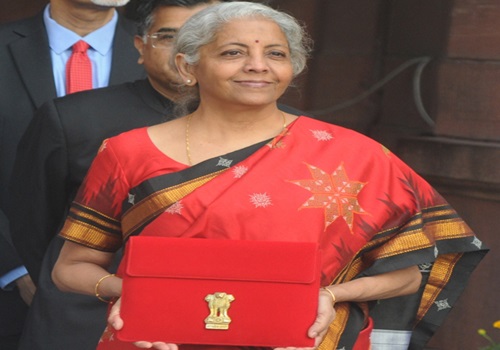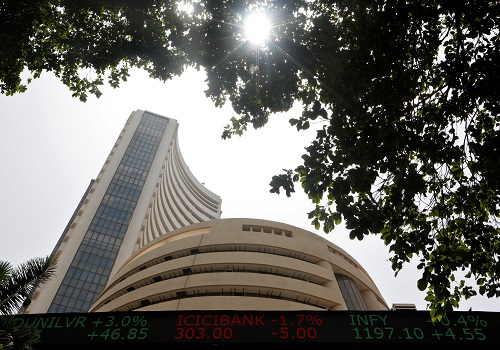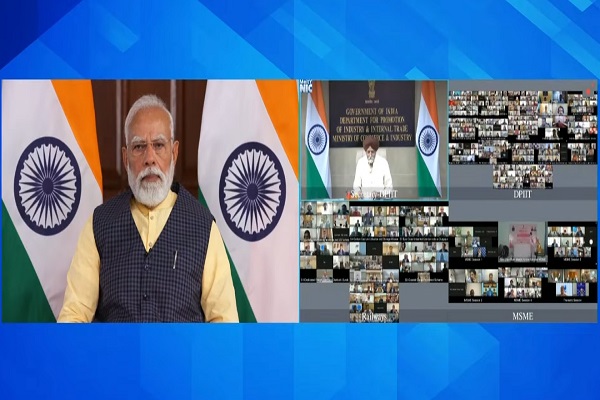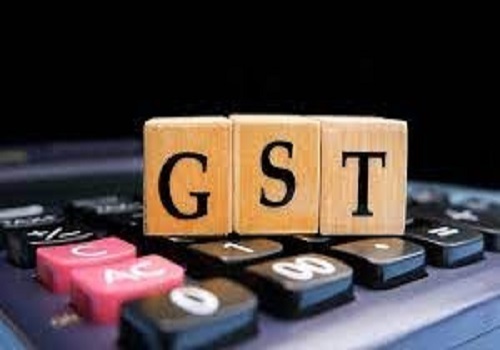IMF Cuts India's FY26 GDP Growth Amid Global Trade Tensions by Amit Gupta, Kedia Advisory

The International Monetary Fund (IMF) has revised India's GDP growth forecast for FY26 to 6.2%, a 30 basis point reduction from January's projection. The forecast for FY27 remains at 6.3%. The downgrade is primarily attributed to rising trade tensions and global economic uncertainties, particularly escalating tariff disputes. Despite this, India's growth outlook remains stable, with private consumption, especially in rural areas, serving as a key driver. On a global scale, growth projections have also been lowered, with advanced economies facing slower growth. Trade disruptions, especially the U.S.'s new tariffs, are expected to have a significant negative impact on global economic activity.
Key Highlights
* IMF cuts India’s FY26 GDP growth forecast to 6.2%.
* Trade tensions and global uncertainty lead to the downgrade.
* India’s FY27 growth forecast is revised up slightly to 6.3%.
* Global growth forecast for 2025 and 2026 is downgraded to 2.8% and 3%.
* US tariffs and countermeasures are seen as major growth obstacles.
The International Monetary Fund (IMF) has revised India’s economic growth projection for FY26, now forecasting a 6.2% growth rate, a 30 basis points decrease from earlier this year. This revision is due to mounting global uncertainties and heightened trade tensions, primarily the escalating tariff wars initiated by the United States. While India's growth outlook remains relatively strong, supported by private consumption, especially in rural sectors, the global trade environment poses significant risks to the country's economic performance.
The IMF also updated its projection for FY27, predicting India’s GDP growth at 6.3%, which represents a marginal 20 basis points upward revision. This slight adjustment reflects the resilience of India’s domestic consumption despite external pressures. However, global growth remains a concern, with the IMF forecasting a slowdown to 2.8% in 2025, further dropping to 3% in 2026. These figures represent a considerable downgrade from previous estimates.
The report highlights the global consequences of the ongoing trade dispute, particularly the U.S.'s imposition of near-universal tariffs, a policy that has not been seen in a century. These tariff measures have brought effective rates to historically high levels, which the IMF notes will have a profound negative impact on global economic growth. The unpredictability surrounding these trade policies makes it even harder to predict future economic conditions.
Despite these challenges, the IMF's outlook for India remains relatively stable, driven by strong domestic consumption. India’s economic resilience, however, may be tested if global tensions escalate further, impacting growth projections for both developed and emerging markets.
Finally
India’s economic growth remains stable, but global trade tensions could pose significant risks to its forecasted trajectory in the coming years.
Above views are of the author and not of the website kindly read disclaimer
























